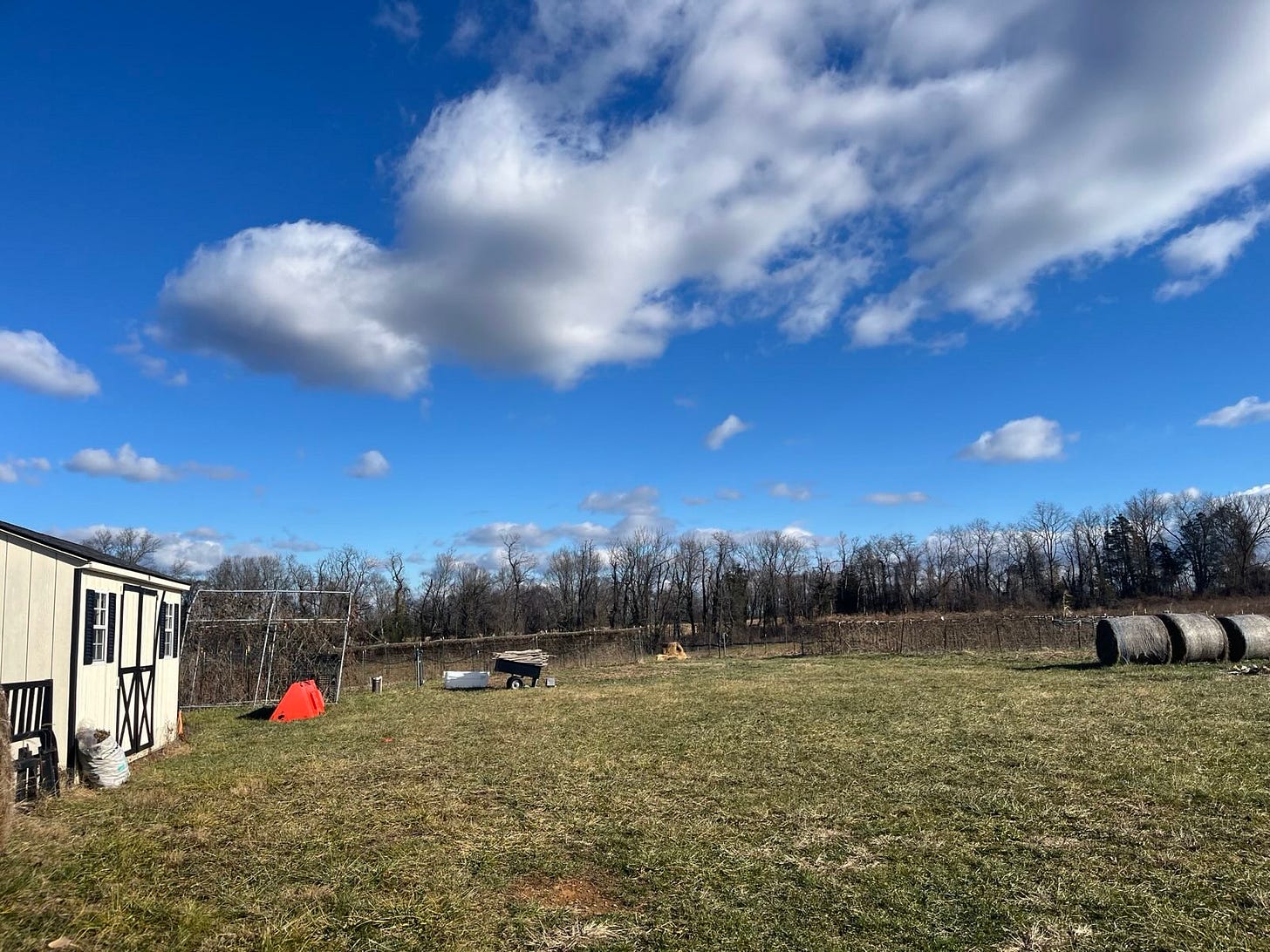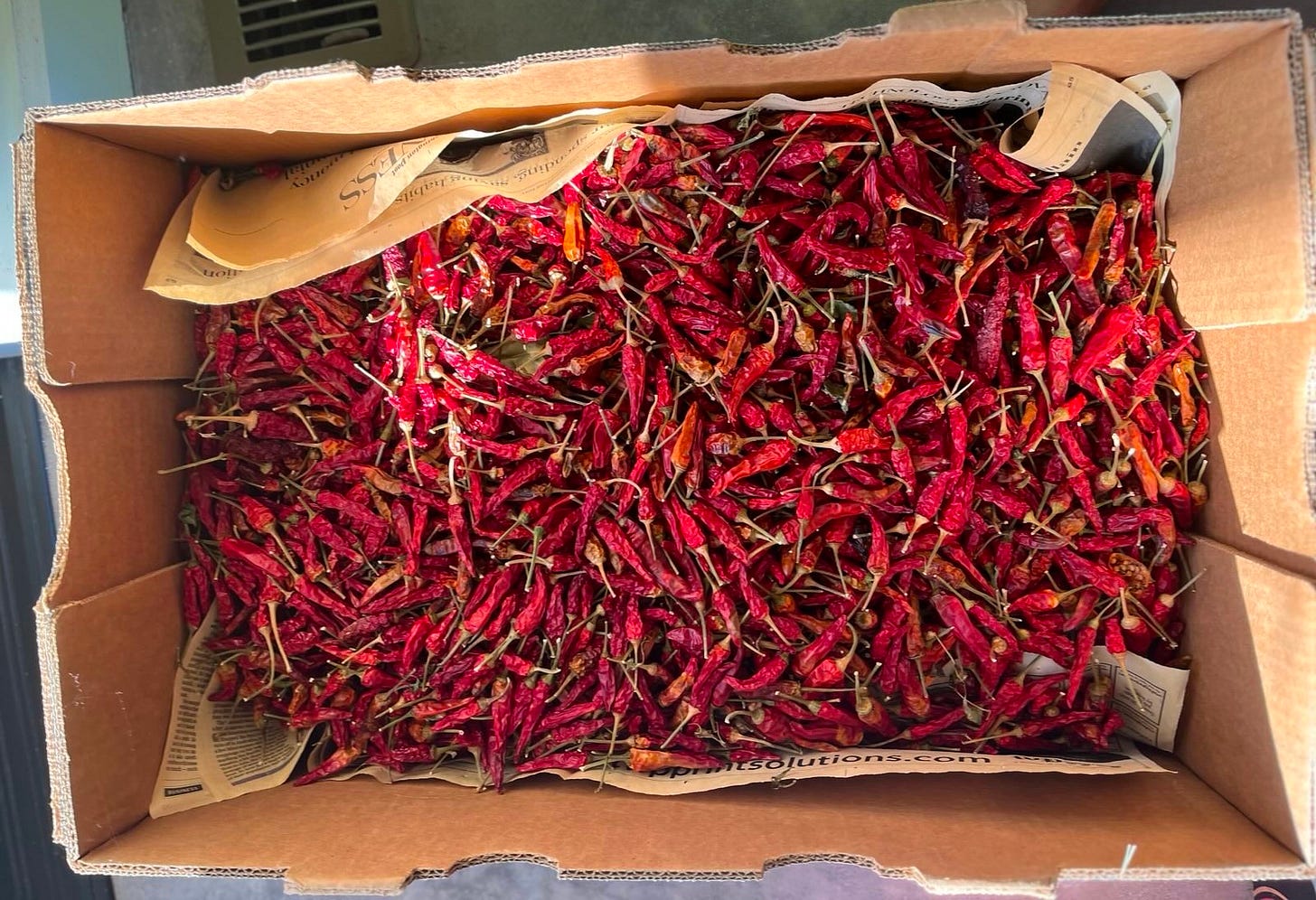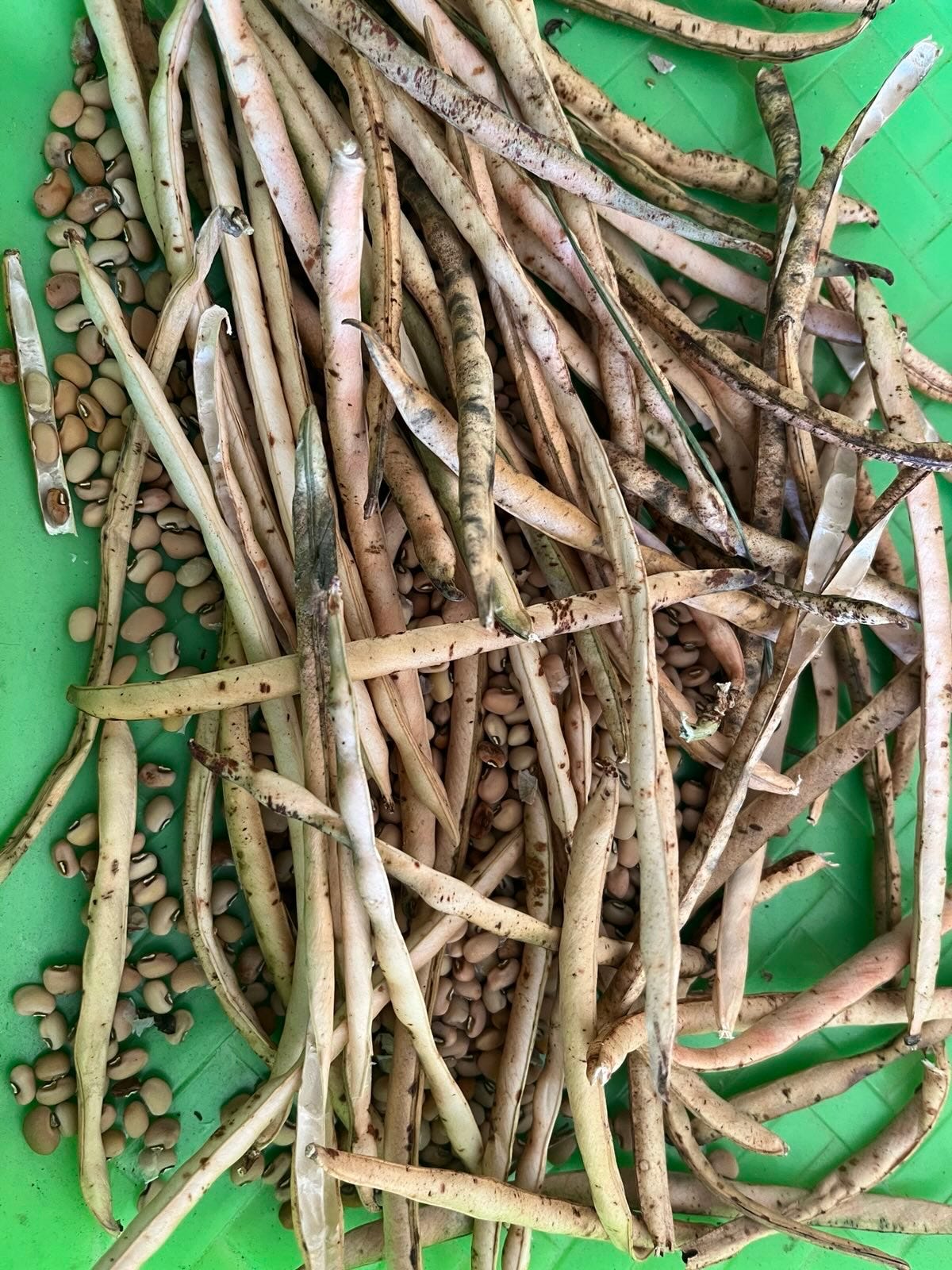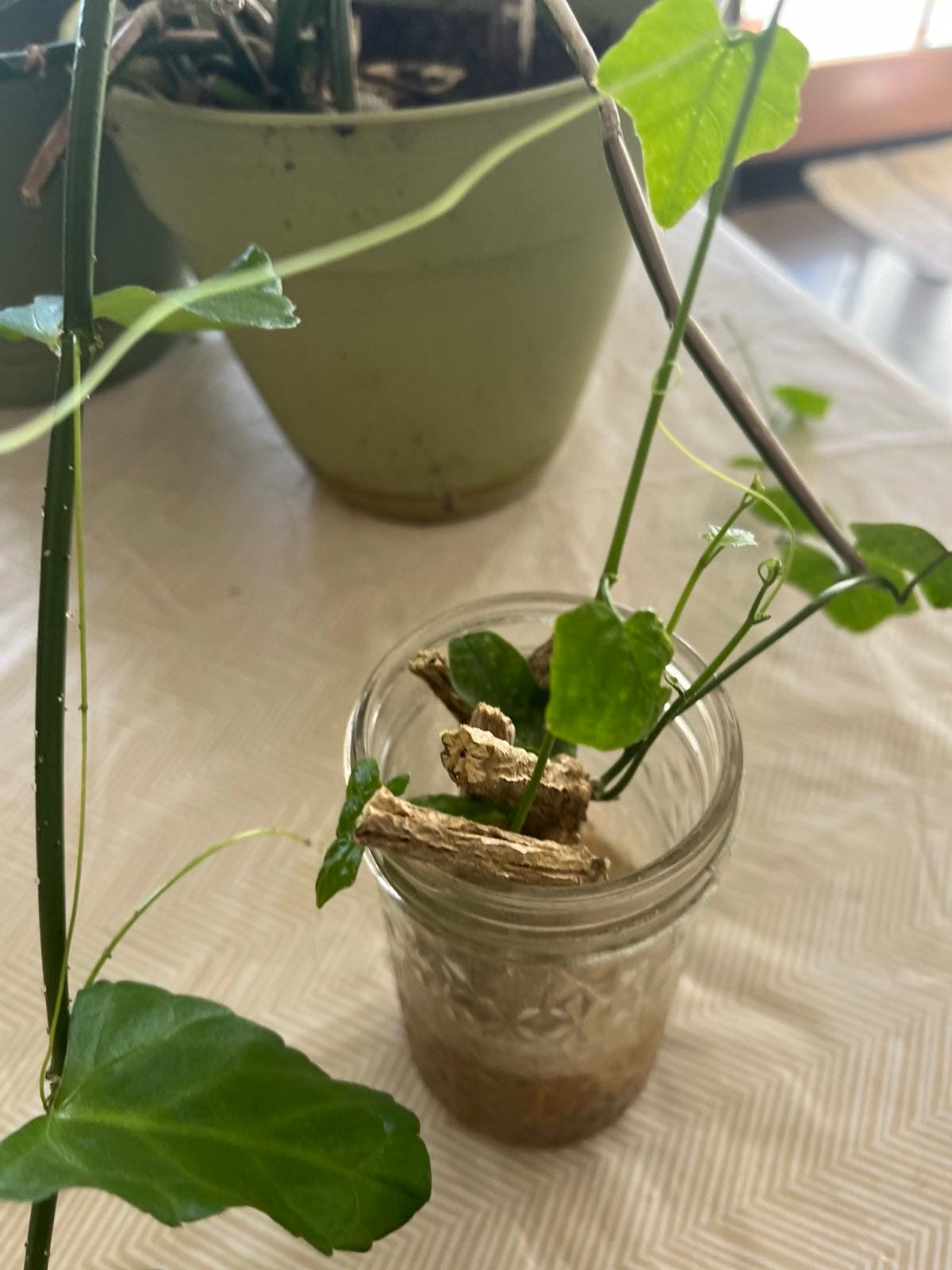Winter on a farm is a time of rest for humans and the land. It is too cold to work or for the plants to grow outside. During this time, cleaning up used beds, removing dead plants, clearing up the trellises, and adding organic matter can all be done.
Fall and winter are becoming unpredictable, either too warm or too cold. Last year, we were harvesting greens outside well into the end of December. This year, the cold spell came early and killed off the plants. Cold spells are necessary to control the pest population during early Spring.
Organic matter is precious and should not be wasted. The previous year’s organic matter should be returned to the soil. They can be broken into smaller pieces for composting on the growing beds. Take care to remove diseased plants, by either burning or moving them away from the growing area.
Planning for the new growing season:
Winter is also a time of reflection and planning for the next growing season. Reflecting on what happened during the year is as important as preserving the year’s produce. It is necessary to remember what worked well and what did not.
Beans, chilies, corn, etc., need some processing to be stored for later use. Beans are dried shelled and stored. They are nutritious meals for humans and chickens. Red chilies are dried and can either be powdered or preserved whole.
Preparing cuttings of some plants that cannot be grown from seeds. It is an experiment that happens every year and with some success.
Spring comes with a flurry of activities and there is never enough time to do all that is required to start the season. To get a head start, we have to put the winter months to good use.
Pollinator Gardens
Even for smaller gardens, now is the time to consider carving out a small area for growing plants that will attract pollinators. Plenty of times people have asked me why their vegetable plants have plenty of flowers but are not setting fruit. The answer to this common question is not as straightforward. Well like anything do with growing, it depends. One factor that is often overlooked is the dwindling of natural pollinators.
To get good productive vegetable plants and fruit trees, start by planting native pollinator plants and plan the vegetable area around them. Herbs like lavender, sage, and thyme have dual purposes. Besides their culinary utility, they are great at attracting pollinator insects.
Interesting TV shows:
One particular documentary captivated my heart like nothing else has done recently.
Billy and Molly: An otter love story
For a bit more serious watching, Farm Rebellion.





